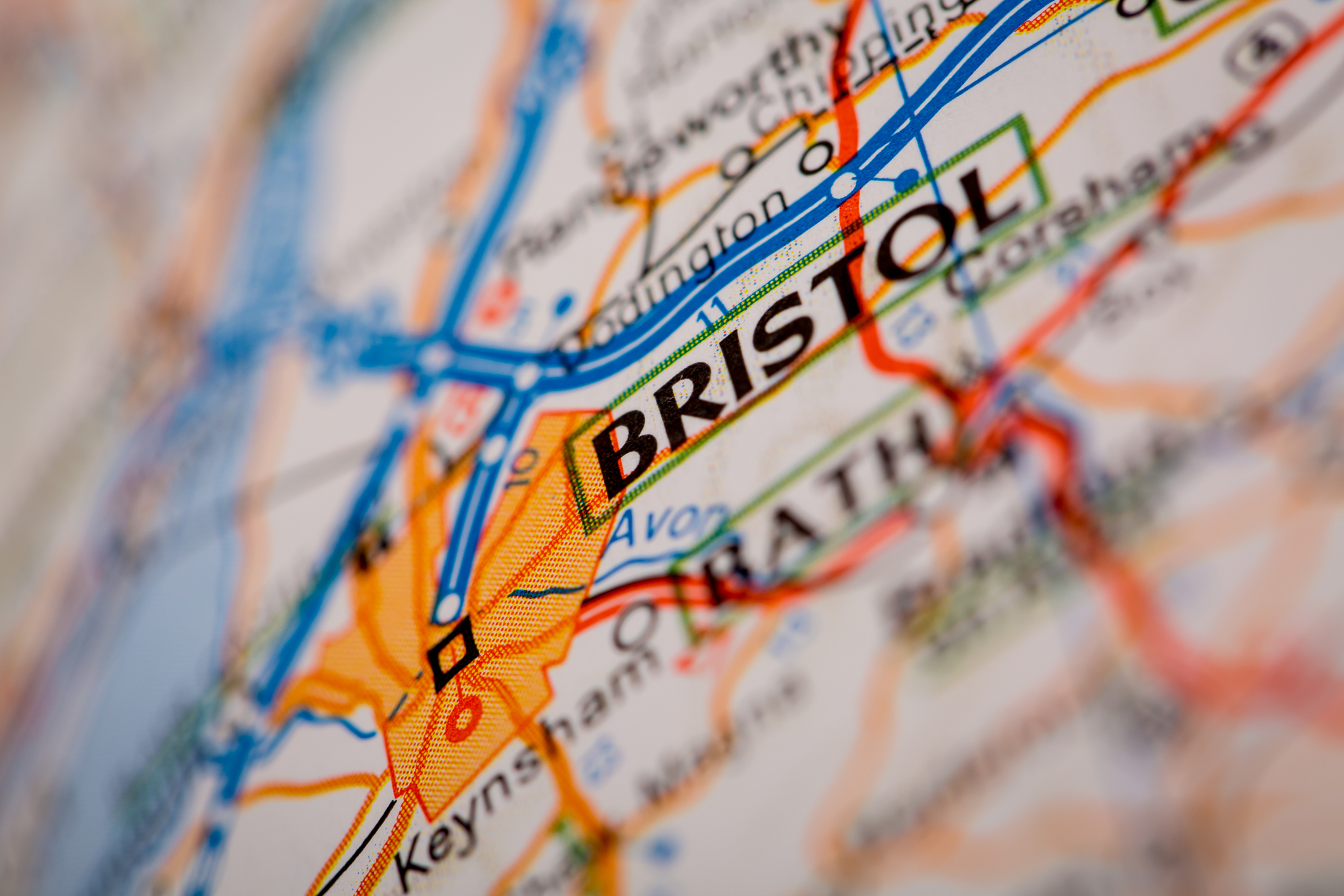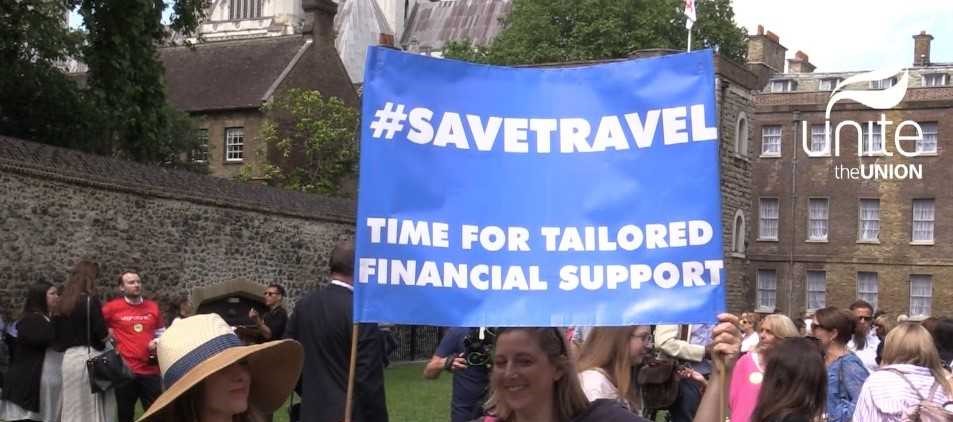‘Another solution was possible’
Saving Thomas Cook with emergency funding could have cost far less than the hundreds of millions of pounds the government spent on repatriating stranded holidaymakers, a damning new report reveals.
The Syndex report published today (October 21) found that the entire Thomas Cook Group could have easily been rescued if the government had provided a financial guarantee of just ÂŁ138m.
Confirming exactly what Unite and former Thomas Cook workers had been saying, the Group’s UK airline was profitable. In fact, not only was it profitable, but according to the new report, the airline “had one of the most competitive cost bases amongst UK operators.”
Despite its success, the UK airline entered compulsory liquidation alongside the rest of the group because it had no money of its own – it was all tied up in the wider travel firm.
Although there were several offers to buy the airline, none met the minimum of about ÂŁ500 to ÂŁ600m it needed to capitalise the Group as a whole.
The report compares the fate of the Thomas Cook UK airline to Condor, a Thomas Cook subsidiary airline in Germany, which was kept afloat by a German government bridging loan. Like the UK airline, Condor was in a good financial position before the collapse of the Thomas Cook Group.
But unlike Thomas Cook UK, Condor was immediately approved a bridging loan from the German government worth €380m, which gave it access to cash so that now the airline can continue trading through the low winter season before it gets back on its feet.
“The same procedure could have been implemented in the case of the UK airline,” the Syndex report read. “Thomas Cook airlines could have continued to fly, saving hundreds of millions of pounds of public money spent on repatriation, and allowing time for the sale of an on-going business with all its employees.
“Exactly like Condor, the UK airline was a sound business with literally no debt beyond trading payables and lease obligations. The only problem of the airline was that all its cash was tied up with the Group.”
Stephane Portet, head of Syndex UK and Ireland, which carried out the report, argued that the case of Condor shows that the UK airline could have easily been saved.
“The clearance by the EU of the bridging loan to Condor shows that the UK government was wrong when it refused to act,” he said. “Following the precedent of British Steel, another solution was possible. This would have saved jobs and money from the taxpayers.
“The case of Thomas Cook is proof of the need for a profound reform of UK insolvency law but also of UK corporate governance,” Portet added. “Workers’ representatives should have an enhanced right to information on the financial situation of the companies.”
‘Economic vandalism’
The release of the report comes on the eve of Unite giving evidence to the Business Energy and Industrial Strategy (BEIS) select committee’s inquiry in to the collapse of Thomas Cook. Unite assistant general secretary Diana Holland will give evidence to the committee on Tuesday (October 22).
Commenting ahead of the committee hearing, Holland called the government’s handling of Thomas Cook’s collapse “tantamount to economic vandalism”.
“The independent research by Syndex clearly demonstrates that not only was allowing the entire Thomas Cook operation to fall into administration not in the best interests of the staff and holidaymakers, but the costs of repatriations are likely to have cost the taxpayer more than saving the business,” she said.
“This was alongside the lack of implementation of the clear steps set out in the airline insolvency review published by the government this year to avoid the immediate grounding of an airline,” Holland added. “The steps currently allowed were not followed for Thomas Cook’s UK airline.
“The report further outlines that the difference between the stance of the UK government which allowed a profitable airline to fold and the German government, which acted to allow the subsidiary Condor to continue to fly, was principally an issue of political will.”
Holland noted that Unite will be urging the select committee to identify steps the government could have taken under current laws as well as to radically revise insolvency laws “to ensure that companies and especially airlines can enter into a protected form of administration in order to allow businesses to continue to trade, saving jobs and allowing time for a buyer to be found.”
The latest report on Thomas Cook comes a week after MPs on the select committee grilled Thomas Cook executives about the company’s collapse at the first hearing of the committee’s inquiry.
Earlier this month, angry Thomas Cook workers demanded answers when they descended on Parliament in a protest that drew hundreds.
 Like
Like Follow
Follow


